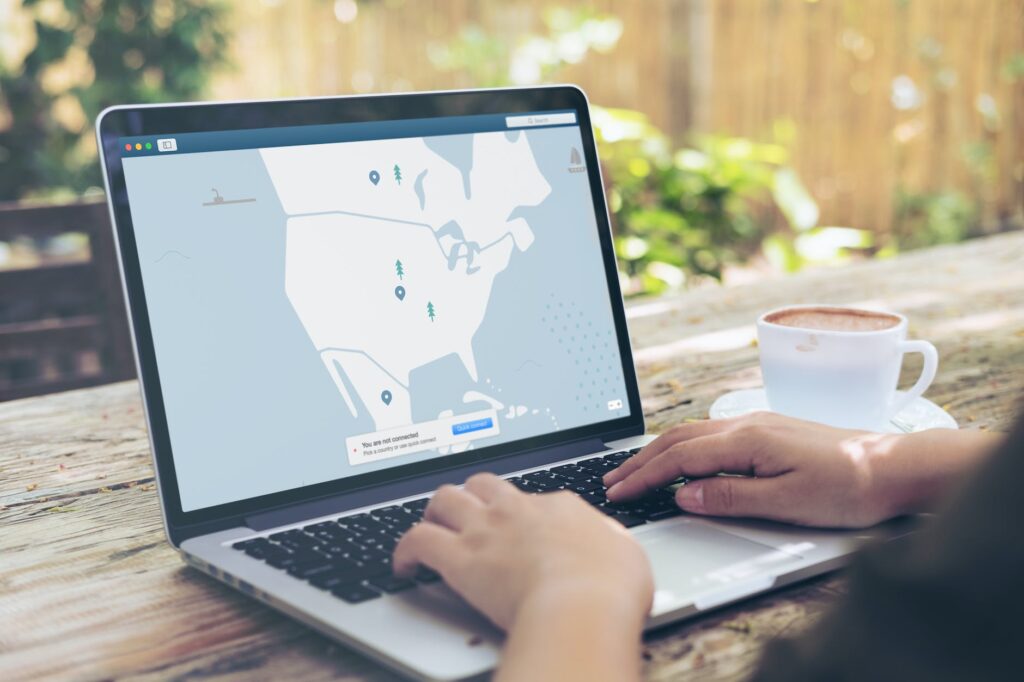In today’s digital age, safeguarding personal information online is more important than ever. With rising cyber threats, individuals and businesses must adopt robust security measures. Virtual Private Networks (VPNs) have emerged as one of the most effective tools for ensuring safe and secure online browsing. In this article, we explore the significance of using VPNs and how they can protect your online activities.
What is a VPN?
A Virtual Private Network (VPN) creates a secure and encrypted connection over a less secure network, such as the Internet. It protects your online identity by routing your internet traffic through a remote server, masking your IP address and ensuring anonymity.
Key Benefits of Using a VPN
1. Enhanced Privacy and Anonymity
VPNs are essential for maintaining privacy. By encrypting your internet connection, a VPN ensures that your online activities remain anonymous. This protects your browsing history, online transactions, and personal communications from hackers, internet service providers, and government agencies.
2. Secure Data Transmission
Public Wi-Fi networks pose security risks due to their lack of protection. VPNs encrypt your data, preventing unauthorized access and safeguarding sensitive information like passwords, bank details, and personal messages.
3. Bypass Geographical Restrictions
Many online services and websites impose geo-restrictions based on location. VPNs allow you to bypass these limitations by masking your real IP address with one from a region of your choice, enabling access to restricted content from anywhere in the world.
4. Protection Against Cyber Threats
VPNs provide an additional layer of security against cyber threats such as phishing and malware attacks. By encrypting your data, they make it difficult for hackers to infiltrate your network and compromise your devices.
5. Cost Savings for Businesses
For businesses, VPNs ensure secure communications and can lead to cost savings by reducing the need for expensive leased lines and enhancing remote work capabilities.
Choosing the Right VPN
With numerous VPN providers available, selecting the right one can be challenging. Here are some factors to consider:
- Security Protocols: Look for strong encryption standards, such as OpenVPN, IKEv2/IPSec, and AES-256.
- Server Locations: A wider range of server locations provides more options for bypassing geo-restrictions and optimizing performance.
- No-Log Policy: Ensure the provider has a strict no-log policy, meaning they do not store your browsing data.
- User-Friendly Interface: A straightforward, intuitive interface can improve user experience and simplify management.
- Customer Support: Reliable customer support is crucial for addressing any issues or questions.
Common Misconceptions About VPNs
“VPNs Are Only for Tech Experts”
VPNs are now user-friendly, with intuitive interfaces that make them accessible to those with little technical expertise. Many providers offer one-click installations for easy setup.
“VPNs Slow Down Internet Speed”
While VPNs can potentially slow down your connection due to encryption, premium VPNs minimize speed loss by using high-speed servers and advanced technologies.
“Only Criminals Use VPNs”
VPNs are utilized by a wide range of users, including journalists, activists, and everyday individuals who value privacy and seek to secure their online activities.
FAQs
What is a VPN used for?
A VPN encrypts internet connections, ensuring privacy and security online by masking your IP address and providing anonymity.
Can I use a VPN on my smartphone?
Yes, VPNs are compatible with smartphones and provide the same level of security as on desktop devices.
Are free VPNs safe to use?
While some free VPNs offer basic protection, they often come with limitations such as data caps, fewer server options, and potential security risks. It’s advisable to opt for a reputable paid VPN service for comprehensive protection.
How do I know if my VPN is working?
You can check if your VPN is working by using an IP lookup tool before and after connecting to the VPN. If your location changes, your VPN is functioning correctly.
Will a VPN protect me from viruses?
While a VPN encrypts your data and protects your privacy, it does not protect your device from viruses. Using antivirus software alongside a VPN is recommended for complete protection.
In conclusion, adopting a Virtual Private Network is a smart move for anyone looking to enhance their online security and maintain privacy in a digitally connected world. By choosing a reliable VPN service, you can browse the internet with peace of mind, knowing that your personal information is well protected from cyber threats.



